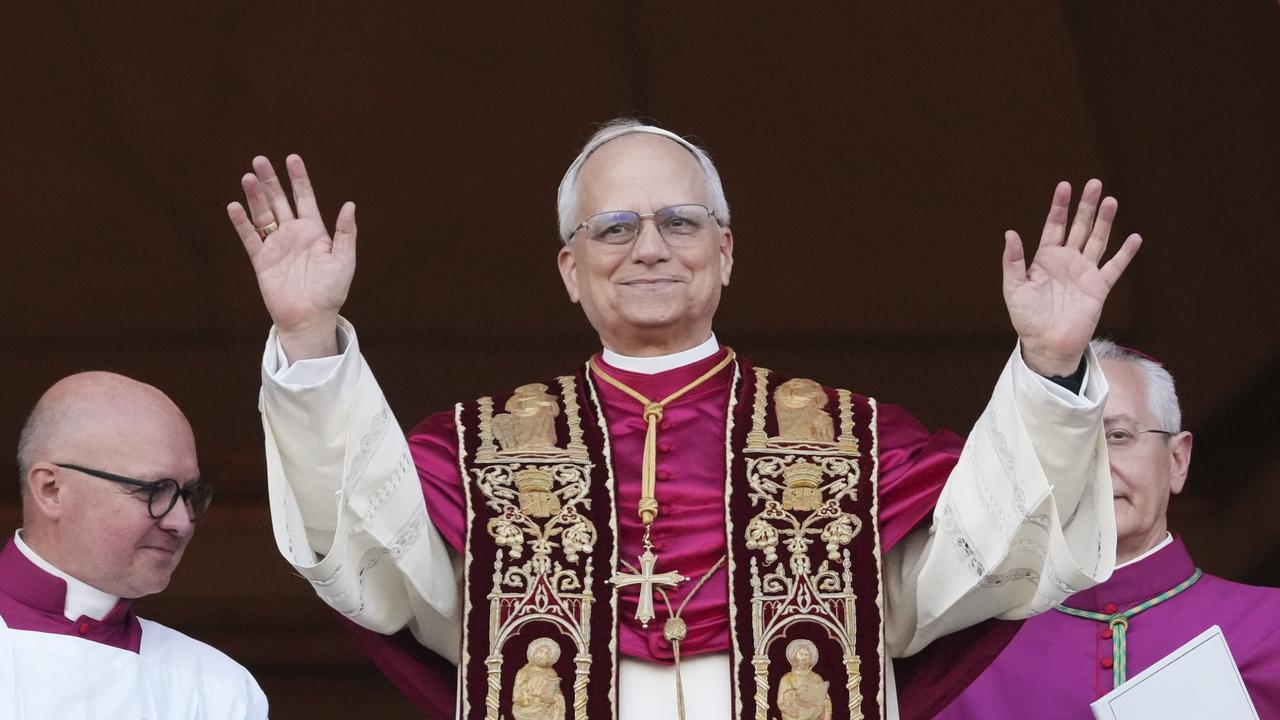Morrison on economic tightrope to next election

Kevin Rudd was even more popular than Scott Morrison is now at a similar point during the global financial crisis. That’s because handing out money and “saving” people’s jobs wins votes.
The more difficult task comes after the initial crisis — when the various programs used to help people are revealed to be faulty (think pink batts). Or when the government eventually needs to wind spending back. Or, indeed, if spending isn’t wound back quickly enough, the concern voters have when debt accumulates more quickly than expected. And when the cost of the debt hits other government services across time.
These challenges saw Rudd’s approval rating diminish, and ultimately his own party removed him before voters were able to cast judgment at the next election.
That certainly won’t happen to Morrison. Partly because the rules around removing a leader are very different from Rudd’s time (or Julia Gillard’s, Tony Abbott’s or Malcolm Turnbull’s time). It mostly won’t happen, however, because there is no obvious contender to challenge Morrison.
We’ve all been blindsided before when partyrooms move on their leader, but a move on Morrison is simply unthinkable. He’s more secure in his job than even John Howard was.
So it will be up to Morrison to manage the government through the aftermath of this crisis and win an election in under two years.
The Coalition is the favourite, and rightly so, despite the challenges afoot. I don’t expect that to change, even if the polling moves around in the coming months. But make no mistake, the tough times ahead will be difficult politically for the Coalition just as they will be difficult financially for so many voters.
Next week we get a new set of unemployment numbers, which will reveal a further increase in Australians without jobs, as well as Australians underemployed in current jobs. And these numbers are unfolding despite the $1500 a fortnight being paid to millions of Australians still employed who might have lost their jobs had it not been for the stimulus.
It is slated to be withdrawn in September, so what happens then? How many JobKeeper beneficiaries subsequently lose their jobs? Will they blame the government for withdrawing stimulus too early, accusing it of becoming ideological in its decision-making? Especially when organisations such as the OECD are urging the government not to withdraw stimulus spending too soon and the opposition is in lock-step with that assessment.
Which is to say nothing about the lingering resentment in sections of the economy where workers have been unable to access JobKeeper: universities; more than a million casual workers; domestic employees of organisations owned by foreign entities. Word of mouth can be a powerful way concerns with government spread and, as the lockdown lifts, people will start talking again.
Then we have JobSeeker payments. The woefully inadequate Newstart rate for people on unemployment benefits has been doubled during this crisis, shielding Australians not used to losing their jobs from the harshness of the welfare system. It is slated to be cut back to its original rate, or close enough to that rate.
How will those Australians still stuck on unemployment benefits feel when that happens? If the government lets that happen before the economy has recovered sufficiently, and when it still has an AAA credit rating and low debt by world standards, capable of sustaining the payments for longer, a backlash may ensue.
These shifts in policy settings on the near horizon are danger-packed politically for the government. However, it is certainly not as simple as heading off the pending dangers by extending the schemes, by simply continuing to splash the cash. Not for a Coalition government. Morrison is no ideologue but many within his parliamentary ranks are. So are Liberal Party members and conservative commentators. They won’t be bought off by government largesse the way voters often can be.
The Prime Minister will need to balance his appeal to the electorate with his appeal to key stakeholders, although Morrison the pragmatist knows it is more important to keep the polls up even if doing so lets his partisan supporters down.
The recession is upon us but its lingering effects will be felt for months, if not years. Most working Australians haven’t experienced what it is like to survive through a recession, having not had one in 29 years, and this one is predicted to dwarf recessions in the 1970s, 80s and 90s.
The challenge for Labor, which its strategists are well aware of, is that in modern politics the Coalition has the whip hand when it comes to debates over the economy — as long as industrial relations reform doesn’t emerge as the central issue.
Fairly or unfairly, we know voters don’t trust Labor to manage the national economy, even though it was the party that legislated the all-important micro-economic reforms of the 80s, and managed us successfully through the GFC.
Despite voters trusting Labor governments to manage state budgets, the same show of faith doesn’t happen federally. In the wake of the Bob Hawke and Paul Keating eras, Labor capitulated to Coalition attacks on the debt left behind, winning government again nearly 12 years later only because of an “it’s time” factor, coupled with resentment with Work Choices laws.
The debt-and-deficit attacks on Labor at the federal level have gutted its economic management credentials. Rudd’s use of debt to ward off the GFC saw him and his treasurer, Wayne Swan, brought down by the same mantra. Even though national debt doubled on the Coalition’s watch before the coronavirus crisis, and even though debt is the new black now, the same prejudices against Labor permeate.
Voters don’t seem to care that productivity has long been sluggish, wages growth anaemic and serious economic reform hasn’t been embraced since the Howard era. They still give the Coalition credit as the “better economic managers”. In fact, that optic was the bedrock of the Coalition’s successful attacks on Bill Shorten’s agenda at the election last year.
No matter how bad things get in the months and years ahead, at what point do voters decide to “risk” a return to Labor? Do they dare do so when economic management is front and centre?
The catch-22 for Labor is that if the Coalition does a good job managing the post-COVID economy, it gets rewarded with electoral success. If it doesn’t manage the economic fallout from the crisis, the Coalition still will mount a scare campaign against Labor, warning voters not to entrust it with the responsibility of managing a delicate economy in such a difficult time. It is a wicked problem for Anthony Albanese, and he knows he gets only one chance to overcome it.
Peter van Onselen is a professor of politics and public policy at the University of Western Australia and Griffith University.



At first glance it is hard to see how the government will return to normal post-pandemic without the risk of a political backlash. I know this reality is on the minds of senior government strategists, even though the polls highlight the fact the Prime Minister is winning applause for his handling of the coronavirus crisis. But is Labor in a position to capitalise on the difficult circumstances the Coalition finds itself in?